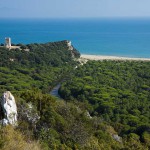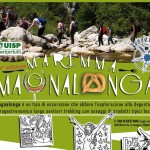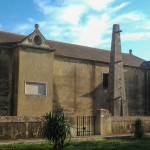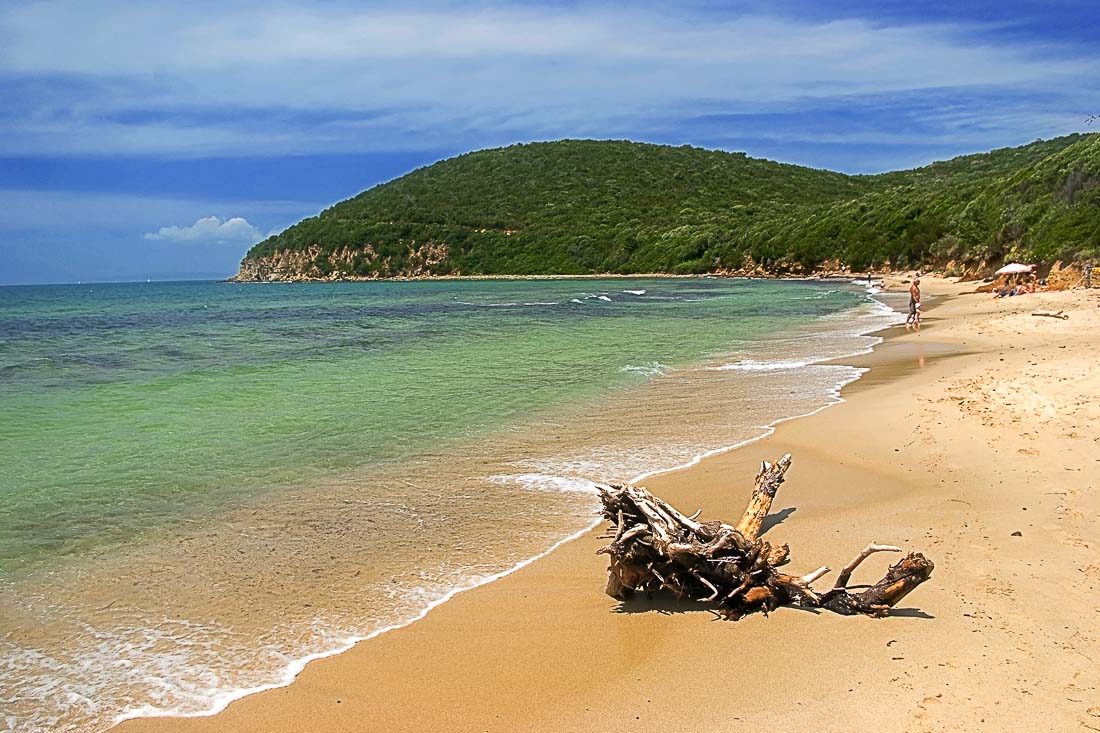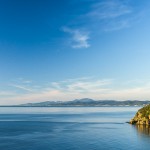15 Jan On holiday in Pianosa, the flat island
The former prison now visitable, where you can discover the marks left by man over the centuries and where nature reigns supreme between land and sea, come discover it.
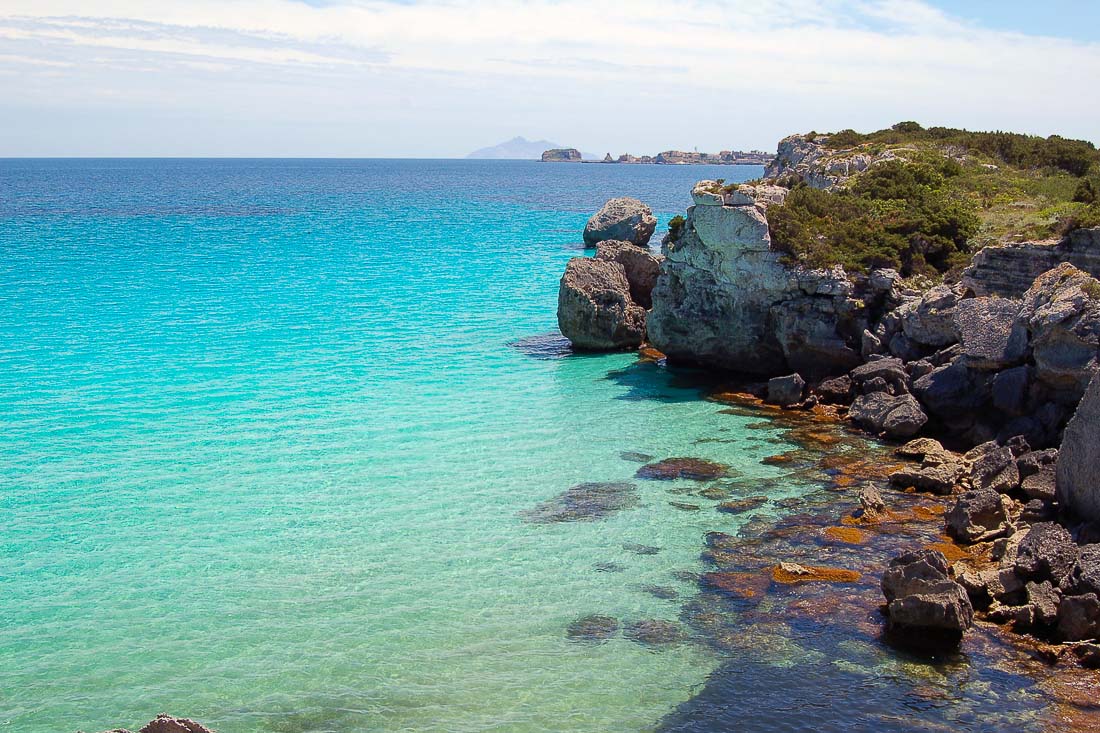
Isola di Pianosa
Discover the island and its wonders
The completely flat island has housed an agricultural penal colony for over 150 years until 1999 and from then on it returned to being a visitable island. The prohibition of entry for such a long period has made it so that the ecosystem of the island remained almost completely intact and has preserved the present animal and plant species. Today the island is part of the National Park of the Tuscan Archipelago and being a safeguarded region access is regulated, guided excursions are organized for limited numbers.
Recently the House of the Park was inaugurated, which acts as a welcome and information center for those who come to the island and in special cases it is also used as guesthouse mostly to researchers that come to the island for the important scientific and natural value it possesses.
A paradise for lovers of birdwatching
Lovers of birdwatching will find here the perfect place to sight numerous bird species, some rare like the coarse seagull and the peregrine falcon and others more common. Here, thanks to a lush typical mediterranean vegetation, numerous species prosper and it’s possible to book excursions and guided tours to discover the present fauna.
Accompanied by qualified guides you’ll be able to discover this incontaminated island and enjoy the spectacular landscapes immersed in the silence of nature and discover the wonders of the island.
The sea and its spectacular depths
The marine depths that surround the island have a particular morphology, which makes them particularly adapted to numerous species of fish. Adding the ban on docking and fishing for over a mile of coastline, you can see how this stretch of sea is truly incontaminated.
The collective of these factors has arranged for a natural preservation of the delicate marine habitat, in which numerous collections of posidonia prosper together with snapper, mullet, lobster, grouper and many other fish that choose these shallows as their reproductive grounds. Since several years the Park allows access for diving and so it’s possible to dive and discover the wonderful and incontaminated depths, possibly one of the most incontaminated and richly biodiverse of the Mediterranean.



 BEACHES AND SEA
BEACHES AND SEA VILLAGES AND TOWNS
VILLAGES AND TOWNS PARKS AND RESERVES
PARKS AND RESERVES TUSCANY ISLANDS
TUSCANY ISLANDS MUSEUMS AND ATTRACTIONS
MUSEUMS AND ATTRACTIONS TERMS AND RELAX
TERMS AND RELAX SPORTS AND ACTIVITIES
SPORTS AND ACTIVITIES WINE TESTING
WINE TESTING


